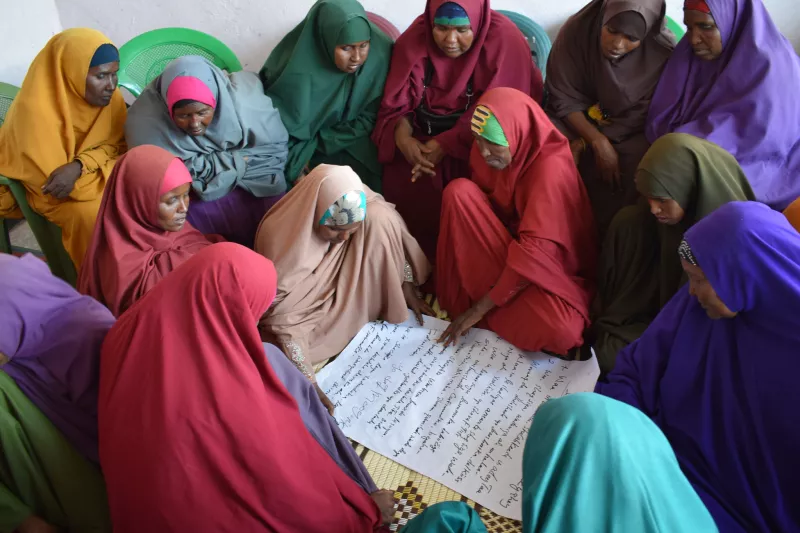Civil Society
Civil society empowers citizens to advance democratic values of citizen participation and governmental accountability
Civil society can include formal, informal, and information entities such as associations, foundations, membership organizations that serve their members, and public-benefit organizations. This includes unions, and the work they do to ensure citizens have the rights and support to bargain collectively. Supporting civil society and robust civic engagement advances a political culture that values citizen engagement, tolerance, and respect for human rights.
Civil society programming can focus on building the capacity and networks of formal and informal organizations to take collective action to advocate for legal and regulatory enabling environments that allow for citizens to freely organize, associate, and express their views. This also involves the design and delivery of active civic education and engagement programs that help cultivate a culture of democracy, and increase the meaningful engagement of all citizens in decision-making processes. Support for civil society can also include helping to connect organizations and initiatives with public and private partners, to work together to bolster open, secure, and inclusive digital ecosystems that advance democratic values and respect for human rights, rather than undermining them.

